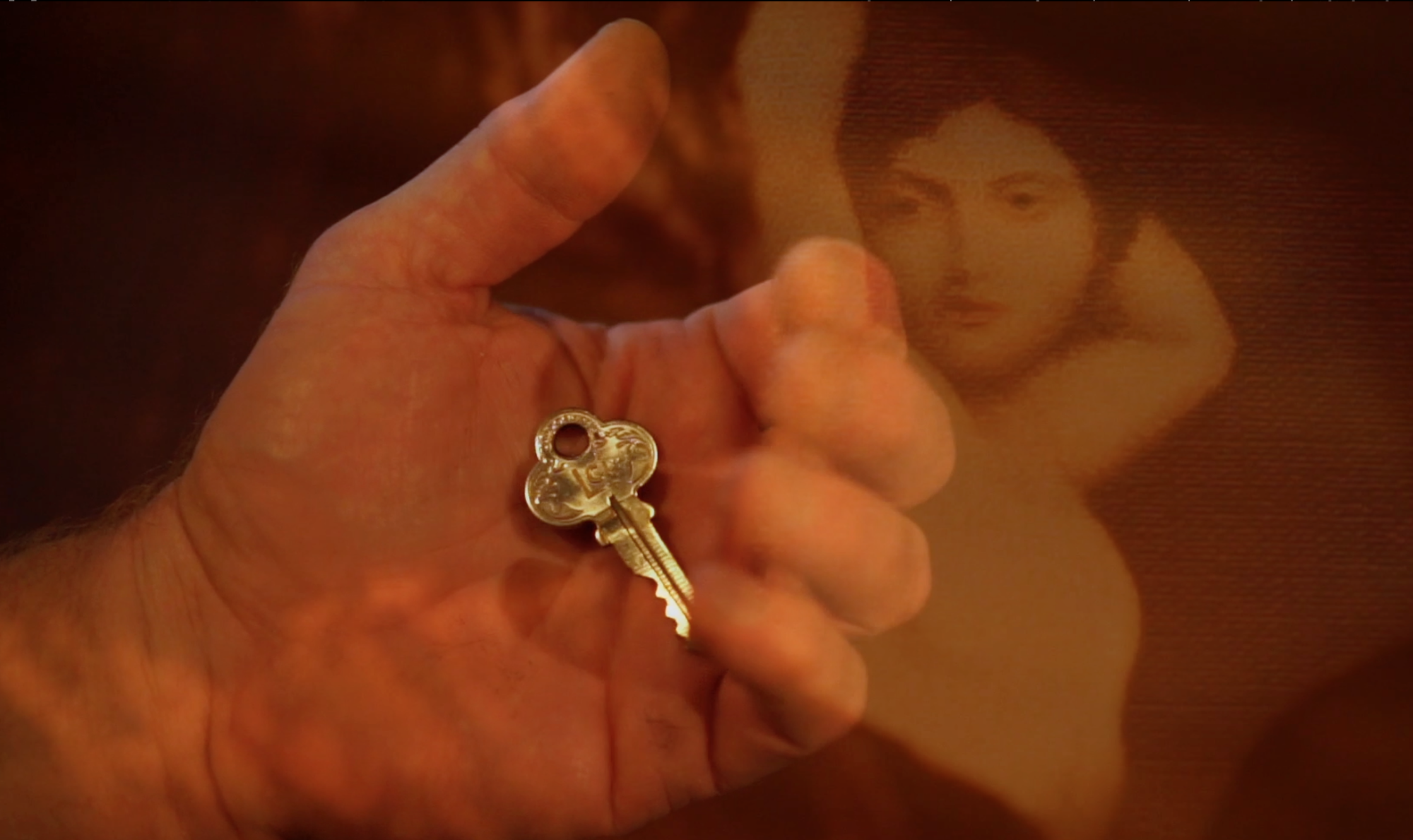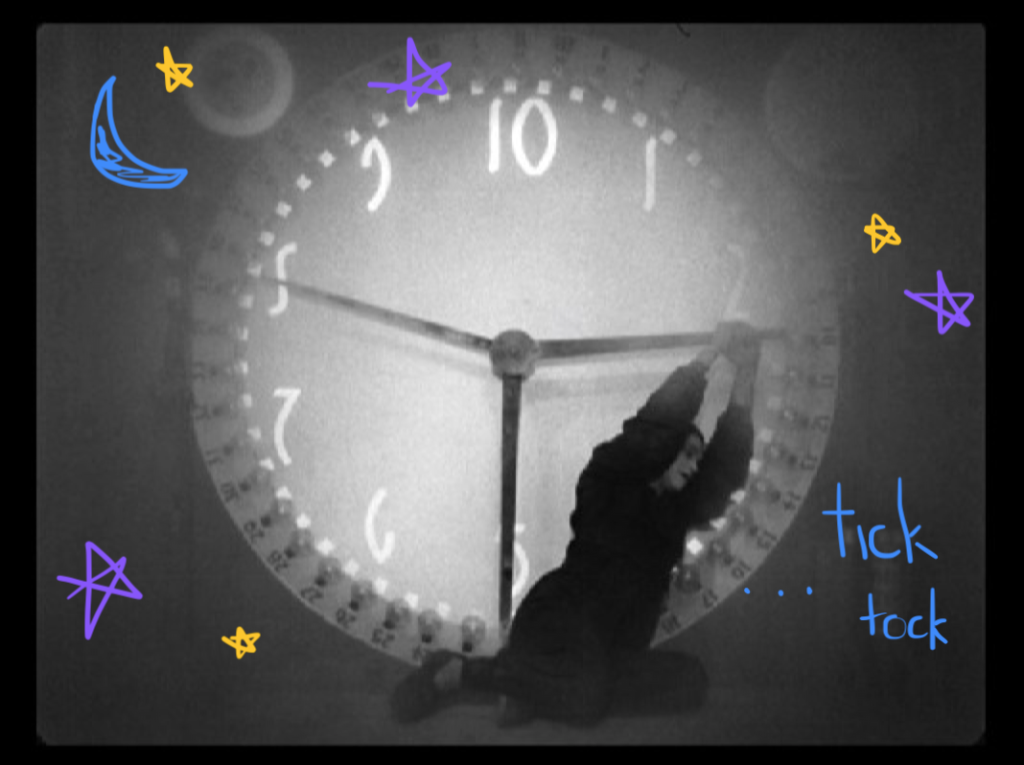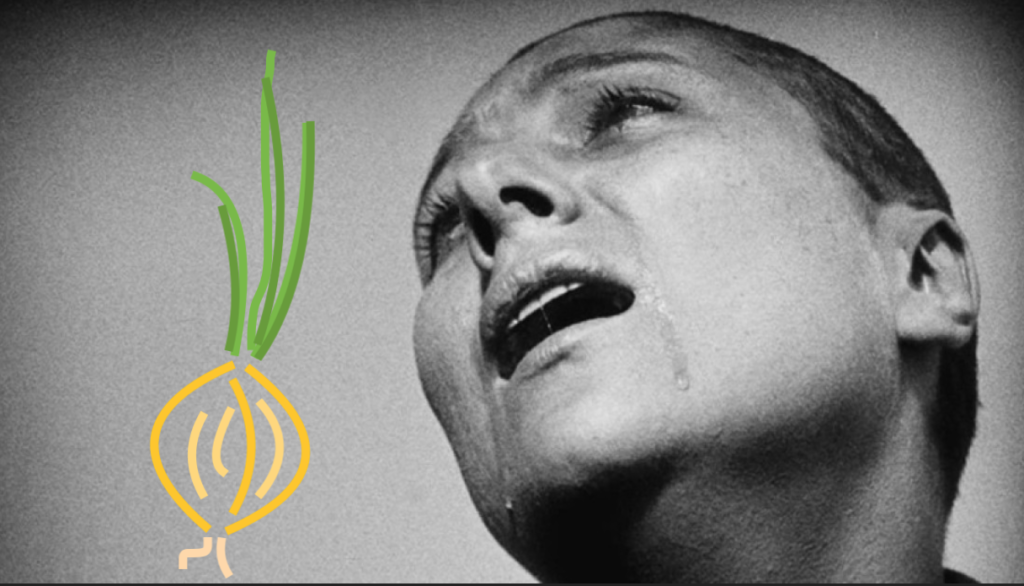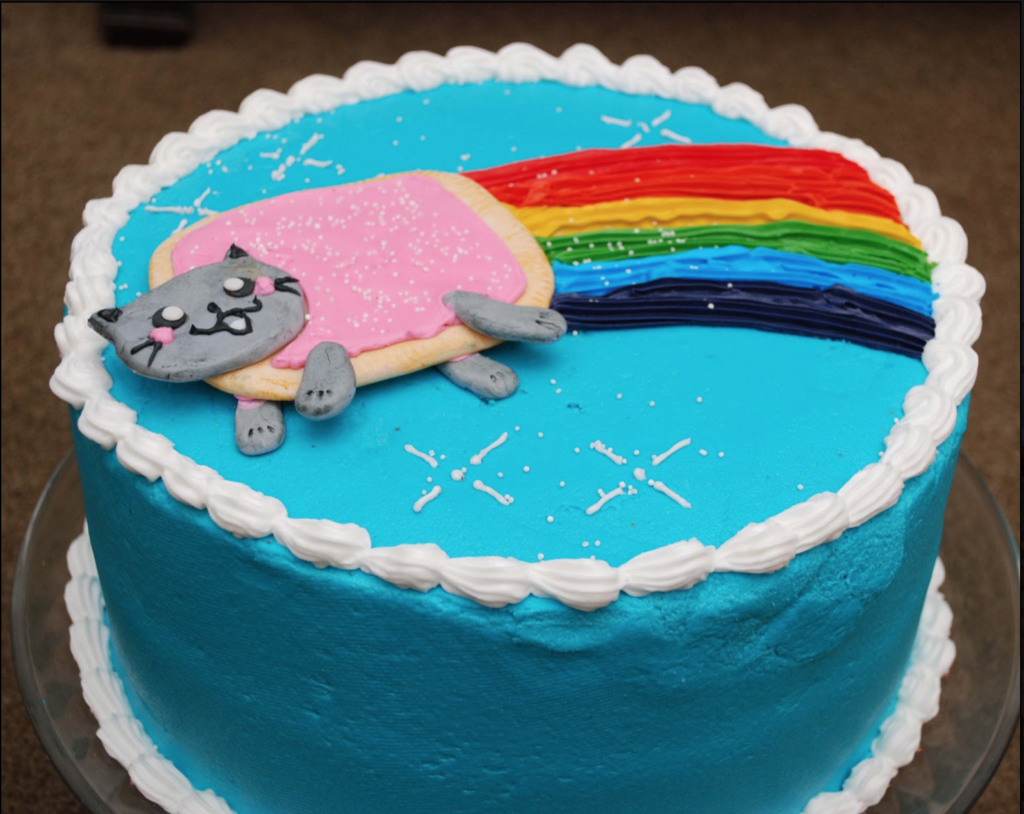Once In A While
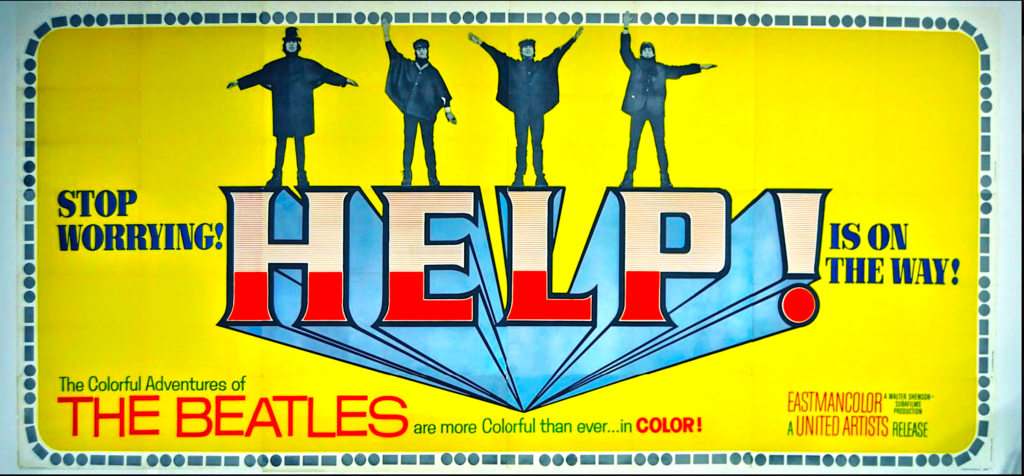
The very first time back on set was also the very first time wearing a mask – hours and hours in the humid Texas swelter. Add a Bizarro world hotel room of anti-slumber (next to a highway literally being demolished), and I was soon sleep deprived, heat exhausted and oxygen starved, with long stretches of heart palpitations.
By only Day 3, I barely made it to our distant location, a rough ranch. If staying on the road was a challenge by day, how would navigating the dark hills by night be any safer?
Extra coffee was not going to cut it. Despite multiple other situations of near incapacity, in 2 decades of movie making I have never called in to the office or opted out. Until now. Sitting in crew parking, “I don’t think I can make it through the day.”
Covid pre-testing protocol means it’s near impossible to be replaced. What could Production do? They sent over TM, an AD, to quickly and crudely train so I could go home. OMG.
Well, an AD knows filming protocol, and the basic slating system. An AD knows the Actors and the story. An AD has their own long term career goal which doesn’t threaten the Script Supervisor position. TM was glad to get to be in the middle of filming instead of at the periphery or at base camp.
This was actually a good choice.
We started slow, with noting takes and lining pages, but it still seemed like too much. So I asked TM to stay with rehearsals down in the ravine, to follow the dialogue and learn what the shots were going to be. Then as we rolled he followed lines while I took notes. It was a relief to not tightly track dialogue and call out lines.
I kept still, in shade, hydrating. With lots of breathing breaks. And started feeling a little better. They put me a trailer for lunchtime, to cool off and rest. With TM’s help and a bit of care from my film fam (they know I am not normally needy), I made it to wrap. And Universe presented a room at a friend’s near by, saving a lengthy bumpy dark drive.
Long story short – having an extra person to take on just a couple of the duties made the biggest difference. These scenes had several characters, stunts, 3 cameras panning all over. Wide Shot, Medium Shot and Close Up of the same Character is a timesaver. And doing Over The Shoulders at the same time saves all that matching. But 3 cameras doing their own thing is 3 times the work. Which is now rather standard.
Sometimes – if we are pooped, if the dialogue’s pages long, if they add additional additional cameras , it can be a little much, tracking all and supporting the Actors, the Director, the Editor. As THE Script Supervisor there is no one to support us, not even for a bathroom break.
On a few occasions I have been called in to cover the extra cameras for big filming days- like football games etc… But I have also tracked 5-6 cameras simaltaneously, not sprinkled throughout the day, solo, several times on two nightmare shows, and was too beaten down to pipe up when I realized what was happening.
So as our job has taken on more – more cameras, less cutting during multiple takes, capturing screen shots and video, not alternating Script Sups for episodic (which means breakdowns and prep on the weekends), sending batches of notes ASAP at lunch and wrap to a growing list of people, and now with the CV excuse for more walking lunches where you don’t get that chance to catch up, I feel we trade quite a bit of the actual craft of Script Supervising for the data entry chase.
Is there a win/win way to have, on big days, some assistance and flexibility to help make even better work, that Production sees as beneficial? Or can nothing change the more work less pay steamroller crusade for content quantity as king?
